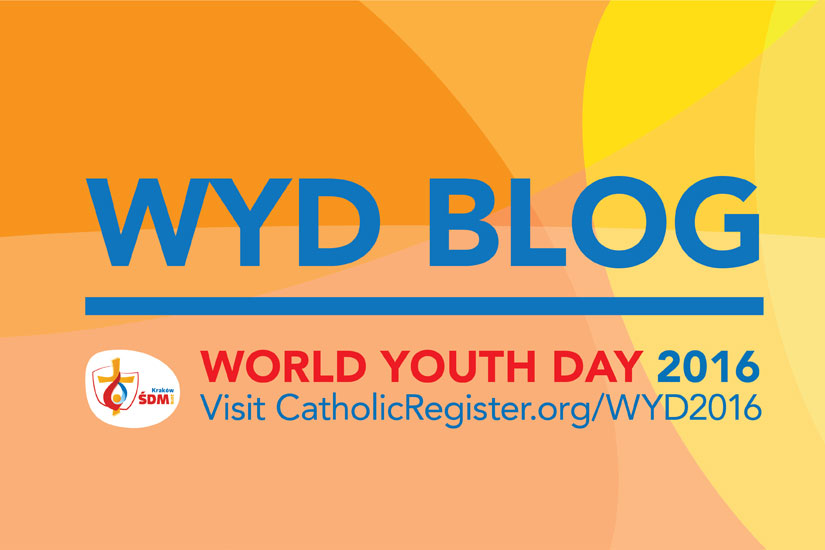Evangelical counsels today are more relevant than ever
By Michael Swan, The Catholic Register
Many Catholics are only vaguely aware of the evangelicals among them — the religious brothers, sisters and priests whose lives are shaped by three vows.
The insiders know the vows as the “evangelical counsels.” They commit every nun, brother and religious order priest to poverty, chastity and obedience. Every religious community interprets these three vows through their own charism — the founding spark or reason for their order’s existence.
The vows do not apply to secular priests, that majority of priests who were trained and ordained by their diocese.
Though some religious communities have grown smaller over the last half-century, Dominican Father Francois Mifsud insists that the evangelical counsels are more relevant than ever.
The insiders know the vows as the “evangelical counsels.” They commit every nun, brother and religious order priest to poverty, chastity and obedience. Every religious community interprets these three vows through their own charism — the founding spark or reason for their order’s existence.
The vows do not apply to secular priests, that majority of priests who were trained and ordained by their diocese.
Though some religious communities have grown smaller over the last half-century, Dominican Father Francois Mifsud insists that the evangelical counsels are more relevant than ever.
“They demonstrate, publicly, that there is something beyond, there is something more,” Mifsud said.
In an age increasingly defined by the economy and a culture of consumption and individualistic self-fulfilment, the vows speak to the world by leaving things out that we usually take for granted, he said.
“I don’t have my own family — celibacy. I don’t have my own property — poverty. I don’t always express my own will — obedience,” he said. “A lot of people would say, ‘Why would you live that way?’ ”
It’s a question every religious wants to answer.
“If you see it in the light of faith, that sense of lack expresses that there is something more,” he said.
Knowing that there is something more to life than the things we can possess or the ways we might impose our own will leads everyone living the vowed life on a pilgrimage of faith, seeking the truth, seeking Christ.
Our culture often projects the ideal life as a kind of final, stable state of accomplishment, when we can look at our lives and declare, “This is it,” said Mifsud.
“Michael Jackson’s last concert was ‘This is It.’ The religious agenda is always more like Freddy Mercury, ‘The Show Must Go On.’ ”


